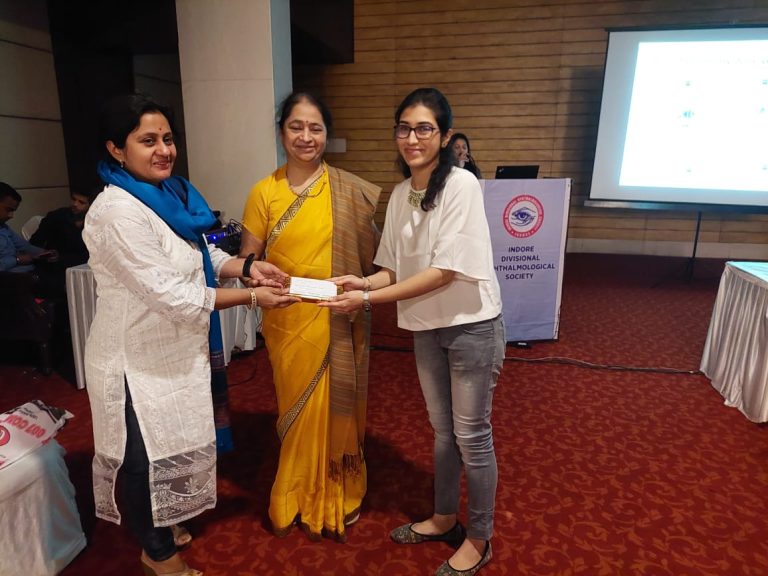
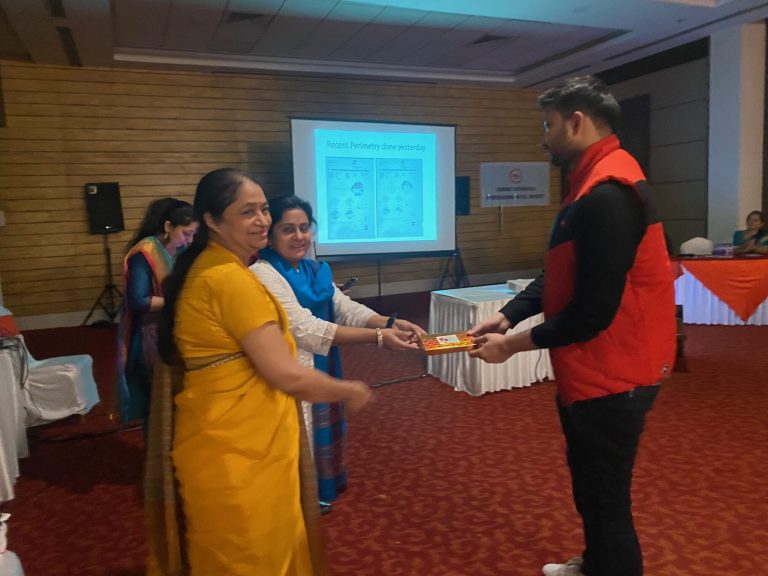
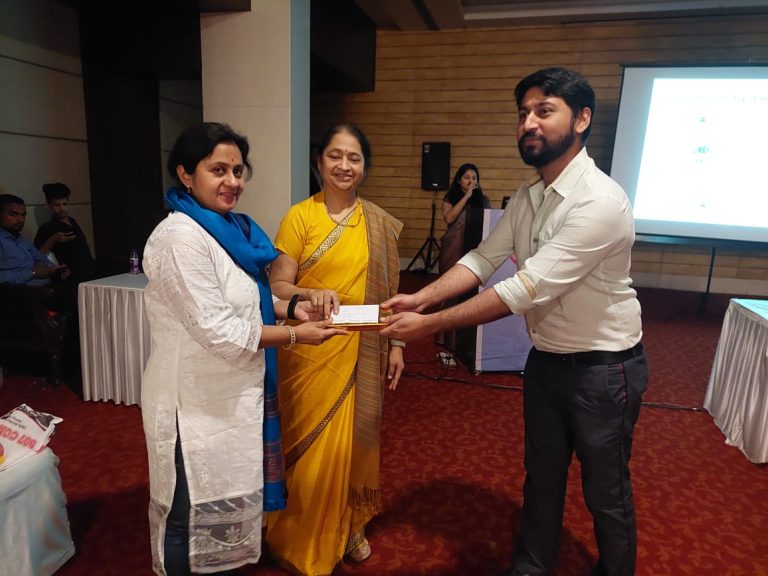
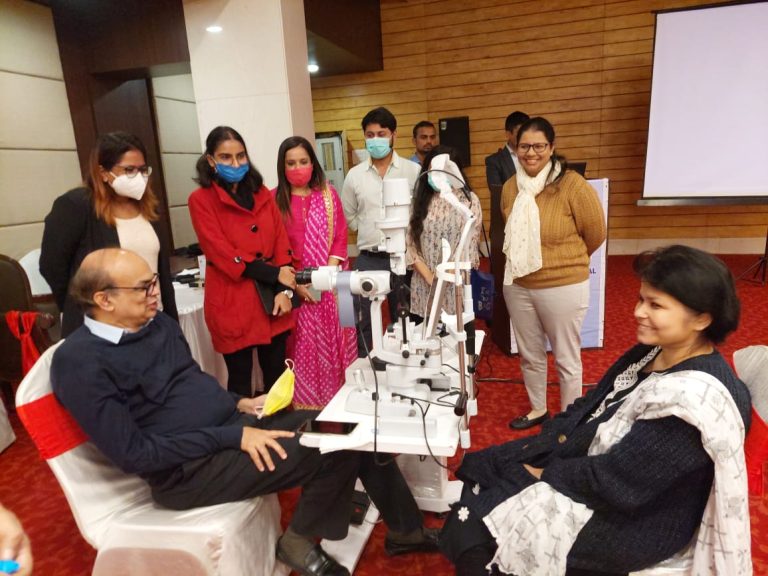
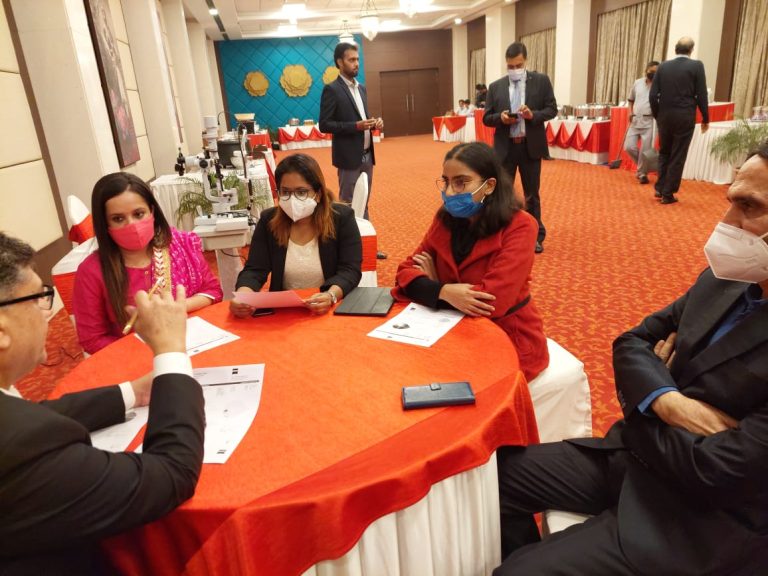
The silent thief of sight
What is Glaucoma?
Glaucoma is an infection that causes moderate visual field misfortune (the degree of the encompassing that one can see) misfortune because of harm to optic nerve for which expansion in eye pressure is a solid gamble factor. It is a quiet blinding problem, as the deficiency of vision might stay undetected by the patient till the sickness has arrived at a high level stage.What are the symptoms of glaucoma?
(When would it be advisable for me I see a specialist?) Most individuals who have glaucoma don’t have any side effects until huge harm has happened so it is insightful to see a specialist for normal eye assessments and get ordinary intra visual tension estimation and visual fields assessment. Notwithstanding, a few patients might have indications like:- Sudden vision misfortune/obscured vision. Unexpected beginning of horrifying eye torment, cerebral pain, queasiness, related with shaded coronas around the light. In this manner, glaucoma might be a health related crisis, which on the off chance that not treated in time would make extremely durable harm your eyes.Who can get glaucoma?
You are at expanded gamble on the off chance that you are:- Over the age of 60 Glaucoma is significantly more typical among more established individuals. Family background of glaucoma Siblings of glaucoma patients have multiple times the gamble to foster glaucoma when contrasted with the typical populace and should be called for check up whenever glaucoma is analyzed in the family. Steroid clients It is generally ordinarily seen with steroid eye drops taken for unfavorably susceptible conjunctivitis however can happen with utilization of steroid contained in inhalers (taken by patients who experience the ill effects of asthma), skin balms and any oral prescriptions. Accordingly, steroids ought to be utilized mindfully and just on inform with respect to a specialist and the patients who are utilizing any type of steroid treatment should counsel an eye subject matter expert. Patient having fundamental sicknesses like Diabetes , Hypertension, Thyroid issue. Injury to the eye. High nearsightedness (or incessant changes of glasses). Patients with waterfall can foster glaucoma because of thick focal point or when the waterfall turns out to be excessively exceptional.How do I know if I have glaucoma?
Everybody over the age of 40 ought to get standard eye pressure checked. Assuming that you are suspected to have glaucoma; Determination of eye strain somewhere around 3 to 4 times each year Retinal (optic nerve head) assessment at each visit. Visual field tests once a year is obligatory. Different tests that might be required incorporate Gonioscopy (to see the seepage arrangement of the eye), focal corneal thickness estimation, imaging of the optic nerve and retinal nerve fiber layer by utilizing new innovation (HRT, GDx or OCT).What is tonometry and how is it done?
Tonometry is a strategy to quantify the tension inside the eye. It tends to be finished by contact or non-contact technique. Applanation tonometry is a contact strategy to quantify your eye pressure. Noncontact tonometry is an elective utilizing a puff of air. Sedative eye drops will be placed at you before the technique with the goal that you don’t experience issues during the methodology You want to keep your jawline and temple on the help of the cut light. A fluorescent color will be placed at you and you will be approached to flicker your eyes, and afterward requested to open your eyes totally open and fix on an objective. The crystal appended on the cut light will be moved till it scarcely contacts your eye and the estimation will be taken This is an effortless and precise strategy to quantify the eye pressure.How often should I have an eye examination?
Assuming you are determined to have glaucoma, it is essential to visit your PCP at ordinary stretches (3 to 12 month to month follow up) to screen your glaucoma and ensure that your recommended treatment is actually keeping up with the objective (safe) eye pressure. The span of additional visits might be customized by your treating eye specialist relying upon the IOP control and the movement of visual field absconds. When the illness is well taken care of and there is no indication of movement a yearly follow up might do the trick. More serious the illness, more regular are the subsequent visits required. On the off chance that you have expanded eye pressure yet no harm to the optic nerve, you don’t have glaucoma however you are at an expanded gamble and ought to get yearly eye exam which would incorporate an eye pressure estimation and a visual field testing.What are the treatment options for glaucoma?
It is critical to comprehend that glaucoma can’t be relieved. Anything that harm has happened to the optic nerve can’t be turned around. The treatment is pointed toward controlling the intraocular pressure, so anything vision or visual field is left can be protected. Drug/laser/medical procedure can slow or forestall further vision misfortune. The proper treatment anyway relies on the sort of glaucoma among different variables. Early discovery, sufficient treatment and consistence of the patients to the drugs is fundamental in halting the movement of the sickness.If I have glaucoma, will I become blind?
Assuming you have been analyzed to have glaucoma, awesome treatment choices are accessible. Standard treatment and observe up can assist you with safeguarding your vision for your life time, with no feeling of dread toward going visually impaired.Tips for living with glaucoma?
You actually should get yourself routinely evaluated for glaucomaTough subsequent You should be normal with your meetings with your eye specialist.
